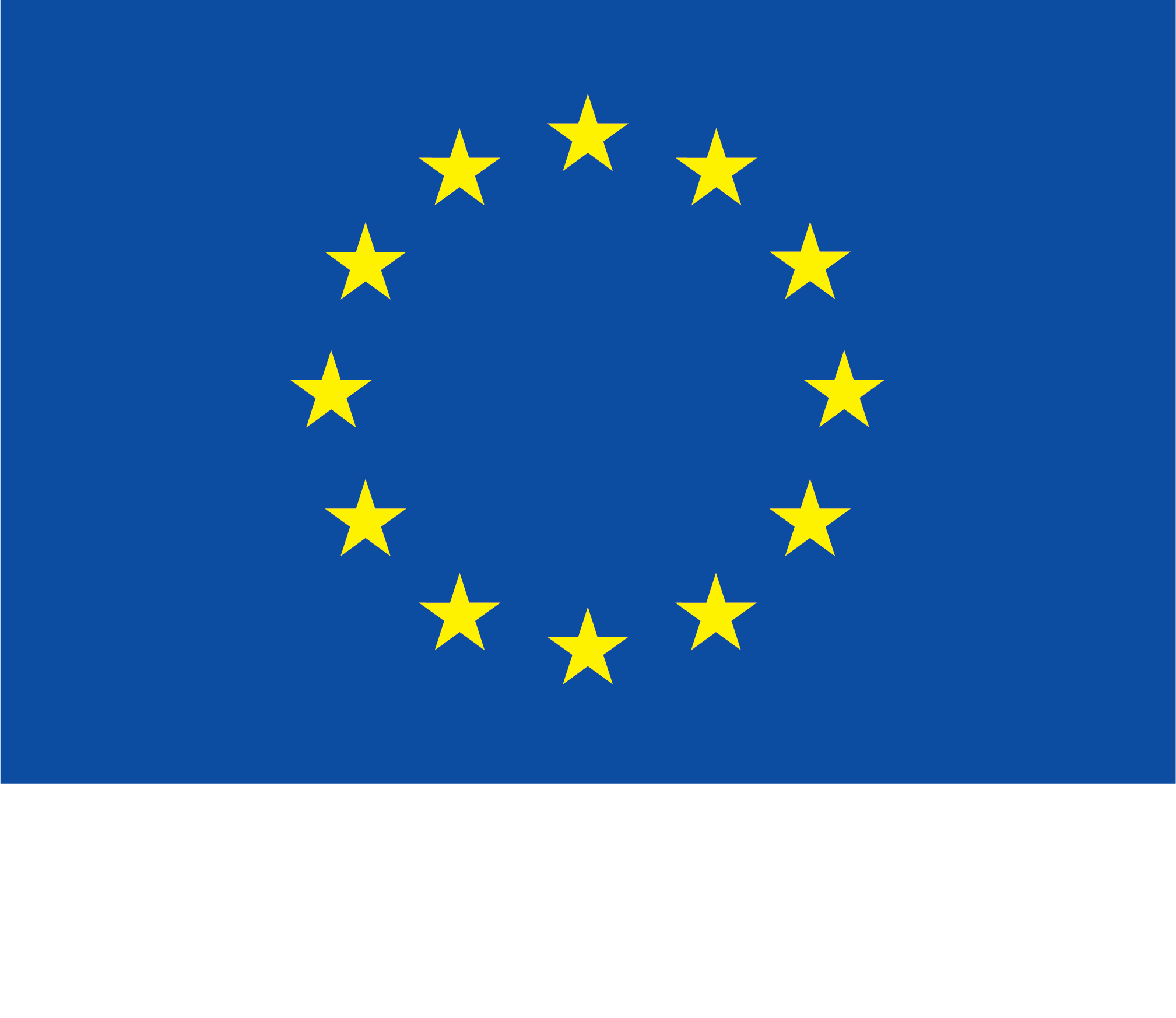Employees
prof. dr hab.
Krzysztof Baculewski
composition
A composer born in 1950 in Warsaw, completed university studies in 1974 under Professor Witold Rudziński at the State Higher School of Music in Warsaw (now the Fryderyk Chopin University of Music). In 1975–76 he studied composition under Olivier Messiaen at the conservatory in Paris, and electroacoustics music at Groupe de Recherches Musicales (the so-called Pierre Schaeffer training). In 1982 he obtained his doctoral degree in humanities at the University of Warsaw. In the same year he started teaching at the FCUM, first as Assistant Professor. In 1990 he completed the procedures to obtain the 2nd degree qualifications at the Academy of Music in Cracow, and in 1998 he was given the post of Associate Professor at his parent university. In 2001 he obtained the title of Professor.
He was a guest lecturer in many countries (Bulgaria, Germany, Austria, France), also at music universities; in 2002 he was a guest professor at the Johannes Gutenberg University in Mainz. As an author of different articles, essays, and as a critic (etc.), he has cooperated since 1972 with “Ruch Muzyczny” [Music Movement], he has also written for “Studio” and “Klasyka” [Classics]. He is an author of a number of articles to “Encyklopedia Muzyczna PWM” [Music Encyclopaedia, publisher: Polish Music Publishers], edited the music of the 20th century section in “Encyklopedia Muzyki PWN” [Encyclopaedia of Music, publisher: Polish Scientific Publishers] (1996). He has published three books about the Polish music of the 20th century (one of them also in English). In the period of 2003–2013 he was President of the “Concert spiritual” foundation. In 2007 he was awarded with the silver medal For Merits to Culture “Gloria Artis”.
In 1976 he debuted as a composer at The Warsaw Autumn Festival; ten years later he became a member of the Repertoire Committee of this festival. In 1986 the Wrocław Opera staged his musical drama The New Liberation (1974). Since 1992 Krzysztof Baculewski has been cooperating with the Singers’ ensemble “Camerata Silesia” (under the supervision of Anna Szostak) for which he wrote a few pieces and a cycle of arrangements of carols released on two CDs. Since 1994 he has also cooperated with The Baroque Instruments Ensemble “Il Tempo” (under the supervision of Agata Sapiecha), for which he also writes compositions. With “Camerata” he has also performed the basso continuo part (in baroque repertoire). His pieces have been performed at the majority of the most important Polish contemporary music festivals (e.g. The Warsaw Autumn Festival, Warsaw Music Meetings, Poznań Music Spring, Musica Polonica Nova in Wrocław), and in such countries as Czech Republic, Slovakia, Hungary, Germany, France, Finland, Great Britain, USA, Japan, Mexico and South American countries. They have been performed by such artists as: singers — Piotr Kusiewicz, Anna Radziejewska, Jadwiga Rappé; pianists — Szabolcs Esztényi, Józef Stompel and Julia Samojło; violinists — Roman Lasocki, Sławomir Tomasik, Agata Sapiecha, Simon Standage; flautist Marielena Arizpe, BBC Singers and “Camerata Silesia”; conductors — Simon Joly, Takao Ukigaya and Szymon Bywalec. His music has been released on two monographic CDs by DUX, it has also appeared on ten other albums.
Krzysztof Baculewski is also an author of the reconstruction of Piano Concerto in A‑flat Major op. 2 by Ignacy Feliks Dobrzyński (1824), symphonic fragments of Adolf Gustaw Sonnenfeld’s ballet Mr Twardowski (1860) and the orchestration of the opera Beata (1872) by Stanisław Moniuszko (the manuscript burned together with the archive of the National Library in September of 1939).
Major compositions:
Sonata for percussion (1971), Epitaph for orchestra (1972), Meander for solo flute (1973), The New Liberation, opera based on the drama by Stanisław Ignacy Witkiewicz (1974), Vivace e Cantilena for flute, piano and string quintet (1974), Ground for orchestra (1981), Quartier Latin for tape (1981), Spring Sonata for solo flute (1982), Concerto for orchestra (1983/2009), A Walking Shadow for orchestra (1990), The Whole & Broken Consort for resonance instrument (1986), Antitheton I for piano trio (1989), Voyage à travers le paysage métaphysique for tape (1992), The Profane Anthem To Anne (to lyrics by John Donne) for soloists, choir and baroque orchestra with continuo (1992), Rilke-Lieder for solo soprano, solo baritone and two mixed a cappella choirs (1994), 33 Carols for mixed choir (1994), Antitheton II for two violins continuo (1996), Ozwodne and Krzesane for mixed choir, (2000), Les Adieux, cantata for solo alto and string orchestra with harp (2001/2008), 12 Piano Etutes (2006), Organ Concerto (2012), Piano Quintet (2012), Antitheton III for violin, cello and harpsichord (2013), as well as music for film and theatre.









